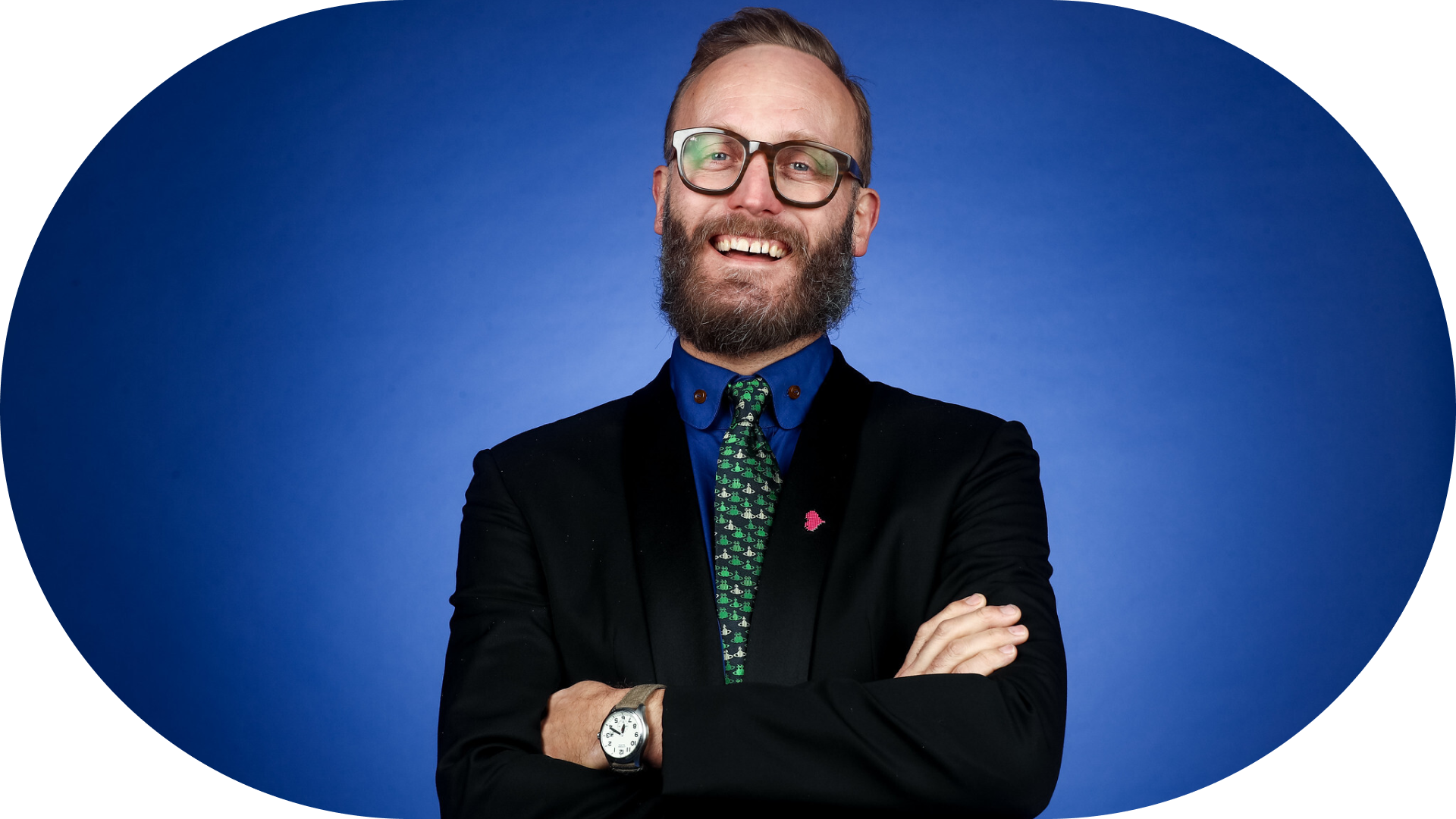By Nicolas Roope
Poor Europe, save Europe, VIVA EUROPE! What a rollercoaster ride we’re all on. One minute we’re breaking up, the next we stand unflinchingly united. What are we as a community? What do we stand for? How can we work together, stick up for each other, thrive together? For an elderly club of historic nations, it feels like we’re once again arriving at a turbulent puberty. Fun on one hand because the future can be anything again, but terrifying for the same reason.
We find ourselves in this context at a time when technology has taken centre stage. The backbone of business, how we run countries; the hope for economic growth and productivity and for the slowing of climate catastrophe. Technology has become business critical, culture critical. And while Europe may have tried applying the brakes now and again with the likes of GDPR and the odd antitrust fine, there seems to have been no way to stop all the ‘sewage’ spewing out as the pipes that brought us limitless entertainment and engagement also carried toxic waste.
But as we all accept that our lives have been changed irreplaceably, we’re changing our view of tech’s role in our lives, societies and cultures. And just as it has been a liberating, connecting, and enabling force, we also all now know its’ shadowy features: addiction, corruption, exploitation, abuse. Power has corrupted our cultures. However, we’re slowly resolving to take them back.
Web3 hysterics may have carved a deep scar into our collective consciousnesses, but the feverish enthusiasm revealed a latent desire for a new chapter to start. We all want and need a more distributed arrangement of connective tissue, linking and enabling the community. Like the one we dreamed of before a small handful of platforms began their reign and realised that angry, hysterical and confused is better for business than unity, happiness and consensus. Strategies emanating from high towers far away, where revenues and influence concentrate.
Decentralisation taken as a concept, as opposed to a specific suit of technologies, makes sense with this history and geopolitical backdrop. Decentralisation can be a kind of localism, because it encourages the idea that great, potent things, ideas, movements, businesses and values can live anywhere and can, under the right circumstances, build immunities from interference from somewhere up food chain.
In a decentralised world the fragmented cultural, social, economic, and legal environments of European states flip from a disadvantage to advantage. The barriers that hindered interoperability have diminished; even language differences are easy to manage in the age of AI. In these new circumstances Europe has become the ultimate sandbox—a series of petri-dishes that combine values, culture, commerce and governance in different blends, each helping to eke out variations in how solutions manifest, with each experiment offered up in a darwinistic meritocracy. The barriers to entry have been coming down since the web’s inception. Now with the power afforded by AI, huge things can happen with tiny teams, with teeny budgets. In these conditions, proximity to the hive is no longer the determinant of success, but instead the quality of ideas and execution. And this can happen anywhere.
What we make today in Europe is therefore no longer under a shadow. Our quirks and weaknesses have become strengths for this new age and The Lovie Awards is here to recognise and celebrate them.
Nicolas Roope is the Founder of GGGGGGGGG, Co-founder of Poke, and Jury Chair of The Lovie Awards.
If you have big (and small) ideas to create a step change across wider society, enter them in our new suite of Lovie Beyond categories. An open-format merit, Beyond categories are dedicated to recognising European digital projects with the potential to positively impact global society.
Enter your ideas across the following areas: Art & Heritage, Urbanism & Cities, Connectivity, Education, Community, Health & Well-being, Climate & Sustainability, Business and Technology.



